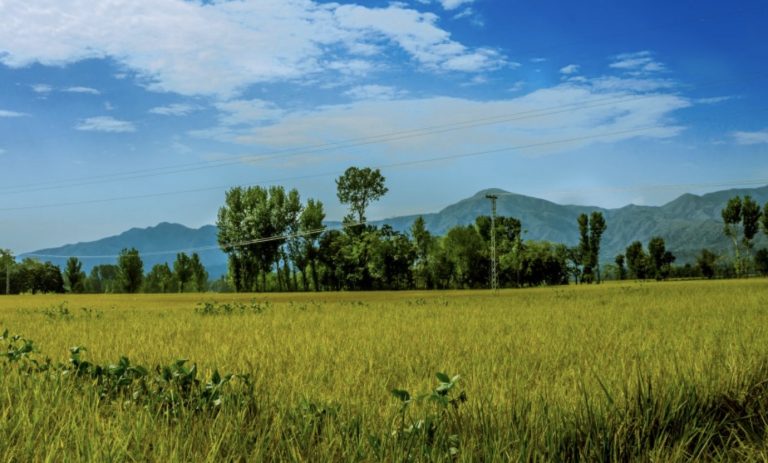Precision agriculture is based on the idea that there are lots of heterogeneities within even one field. First, they need to be identified and mapped. To do this, technologies such as satellite imagery, GPS, and special devices, images from aircraft, and drones are used. The collected data are stored, in particular, in special programs and analyzed usually based on different vegetation indices. Such systems have been used in cars since the late 1990s. Approximately at the same time, GPS trackers for agricultural management based on geographic information systems appeared. Today, these trackers (devices for remote location tracking) are used on modern tractors, combines, sprayers – any automotive agricultural machinery. The simplest implementation of such systems is when combine operators have a display on which their field route is plotted. However, not everyone knows how to use this equipment yet. That is why there is a relatively new profession called precision agriculture technician.
What Precision Agriculture Technicians Do
How to install and configure an RTK station? Why doesn’t the drone take off? How to prepare a precision seed drill for work and avoid overlaps? And hundreds of similar problems that mechanics, tractor drivers, and agronomists face today at those enterprises where precision farming technologies are used. Previously, these were expensive “toys” that were bought by large agricultural holdings. Today, almost every agricultural producer with a land bank of more than 1,500 hectares can afford to use satellite pictures, drones, field devices, or agrochemical soil analysis. Now the difficulty is not in money, but in people who simply do not know how to use modern technology.
The need for personnel who can maintain complex equipment and knows how to work with special software is constantly growing. Technology will also continue to become more complex – sensors and devices, control terminals, software and firmware, thousands of fine-tuning parameters, synchronization and operation of the entire system, etc. And that raises a need for specialists who know how to operate all these technologies – precision agriculture technicians.
Fundamentally, precision agriculture technicians are experts in utilizing farm technology with the purpose of improving the effectiveness of data-based agricultural activities like differentiated pesticide application or smart irrigation. These specialists usually work for agricultural cooperatives, farms, food producers, and even research centers that are part of educational institutions. Their place of work is usually an office or a lab.
Here are the main work duties that precision agriculture technicians perform:
- Utilization of geospatial technology for the creation of soil sample grids
- Consultancy based on the findings on the best crop seeds for particular areas
- Development and evaluation of data that visualizes soil characteristics or drainage patterns
- Creation of georeferenced zones for fields based on soil type and productivity
- Maintenance and repair of sensors, mechanical controls, and GPS vehicle tracking systems
- Provision of technical assistance to equipment companies whenever needed
- Utilization of data from crop scouting to program farm equipment
- Studying harvester monitor data for yield maps development
- Consultancy based on the findings on the best crop seeds for particular areas
- Guidance on finding and implementing greener ways of fields treatment
- Examination of satellite imagery to identify any changes on the field, including in vegetation, moisture, and weather patterns
Who Could be Interested in the Job?
Those who know how to find a common language with modern technology. An excellent career path for today’s new tractor operators, young mechanics, service center/dealer engineers.
What Do They Need to Know?
An engineer of precision farming systems is a universal soldier who is approached in case of problems with all equipment that requires microprocessors to operate. And this is almost all field units and machines. Knowledge is also needed in the application of modern monitoring systems, GIS technologies, data collection and processing systems, and other elements of precision farming.
Overall, decision-making in precision farming is influenced by data on the landscape of the area, weather indicators for specific areas of the field, the presence of natural and artificial objects and the distance to them (settlements, enterprises, reservoirs, roads), and most importantly, analyzed field zones data throughout the season, collected via different tech. The more detailed the information, and the more factors are taken into account, the more effective the changes in the production process will be. And precision technicians help farmers to achieve this goal.



0 Comments